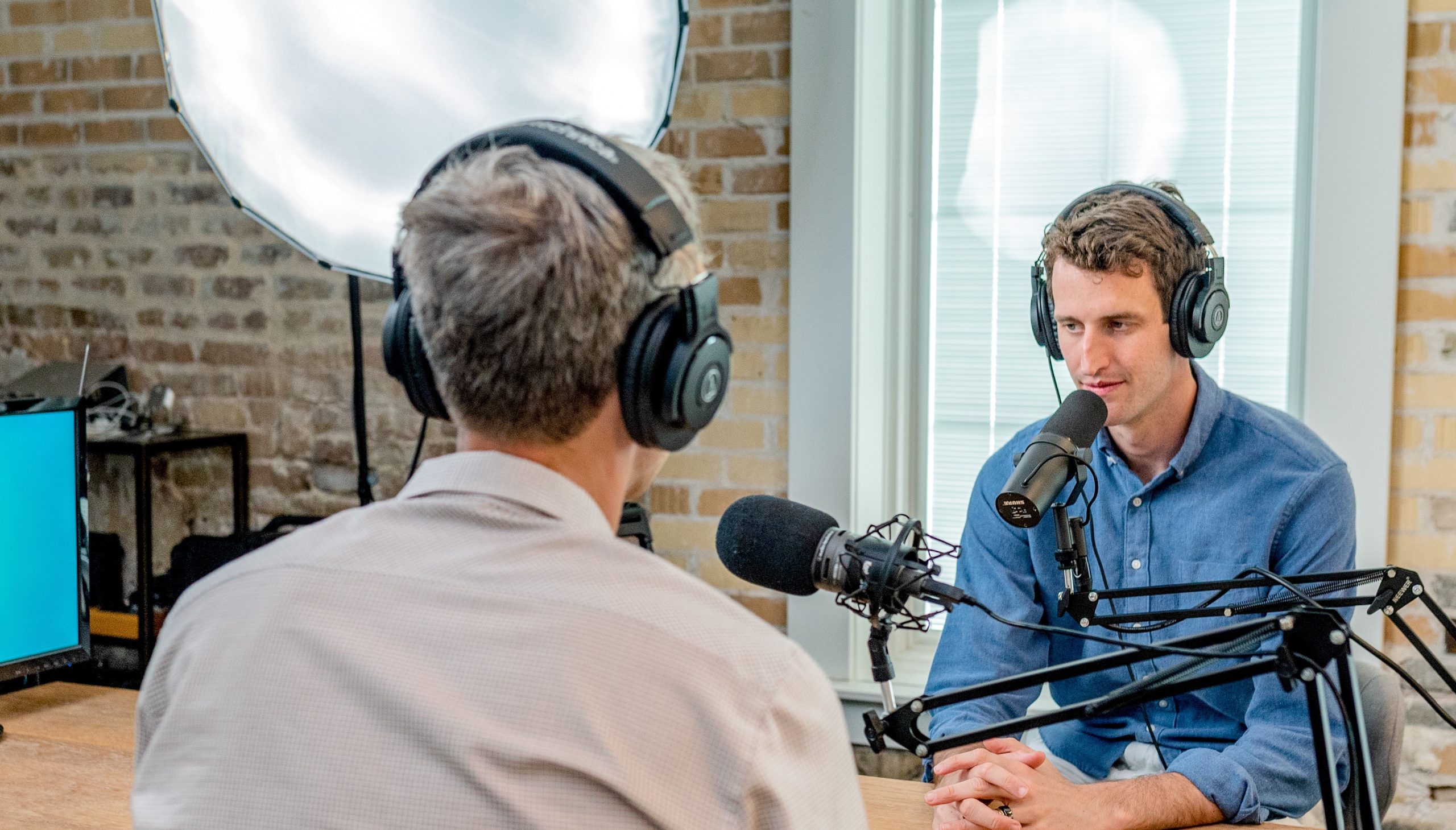
May 2023 Thinking About Writing Interview Questions
So why is it my job to write the interview questions?
If you’ve been reading here once in a while, you may have heard me talk before about press or media kits, material that is prepared for the media about your book or cause. The centerpiece of the press kit is a news article called a news release, but the second item, and a vital one, is a list of interview questions.
You are handing this press kit to the news media as part of what you are doing to entice them to interview you.
But wait a minute, I hear some of you asking. Since the reporter is doing the interview, then why am I writing the questions? Isn’t that the reporter’s job?
If you are old enough to remember movies and TV programs about reporters, they are depicted as aggressive, hard-charging, and cynical. Cigars and a haze of smoke were sometimes involved.
They seem unlikely to be folks who would welcome the subject of their interview trying to tell them what they should be asking. That point is entirely reasonable, and for the journalists you see at courthouse and White House press conferences, you are right. No one would dream of insulting them by suggesting what they should ask.
However, in the real world of public relations and marketing, a PR person views their job as helping things along by providing a set of interview questions.
And these questions are generally welcomed by the media because it makes their job easier and helps them prepare.
If the questions are good, the savvy media person uses them because they draw out the key points in the book, and perhaps even summarize one or two of those points in how the questions are framed.
That also helps you, of course, as then the interview questions also help get your main points covered.
But keep this in mind: the media person may completely ignore your questions.
Even if you write the most brilliant and appropriate questions, there is no rule that says the media person has to use them.
This fact often comes as an unwelcome surprise to authors who are starting to see this process as something over which they have some control.
That is an incorrect view.
And let me reiterate something I’ve said before – if you are an interview guest on a radio show or podcast, never forget – it’s the host’s show. They control the interview, take it where they want it to go, and you go with it.
But most journalists want to at least look at the questions.
And many in my experience will use the questions you provide them with as a springboard to asking their own questions, or adapt your questions to what they know would be a better fit for their audience. In fact, in my opinion, it’s the journalists who do that who are the most skilled.
It’s your job to write questions that cover key points in your book, and put the questions in a logical order that makes an interview flow.
There are more things to know about writing interview questions that will serve you and the media outlets well, so we will pick up the rest of this topic next week.
For now it’s good to remember you need to write your own questions that serve your goals and provide you with a chance to offer a brief sentence or two of fascinating dialogue in response to each question asked in the interview.
You also want to serve the journalists with questions that make them look brilliant and thoughtful, and make them appreciate you for doing so!



No Comments